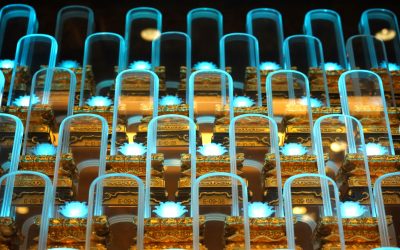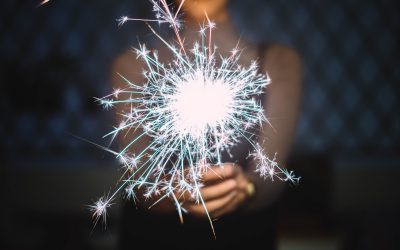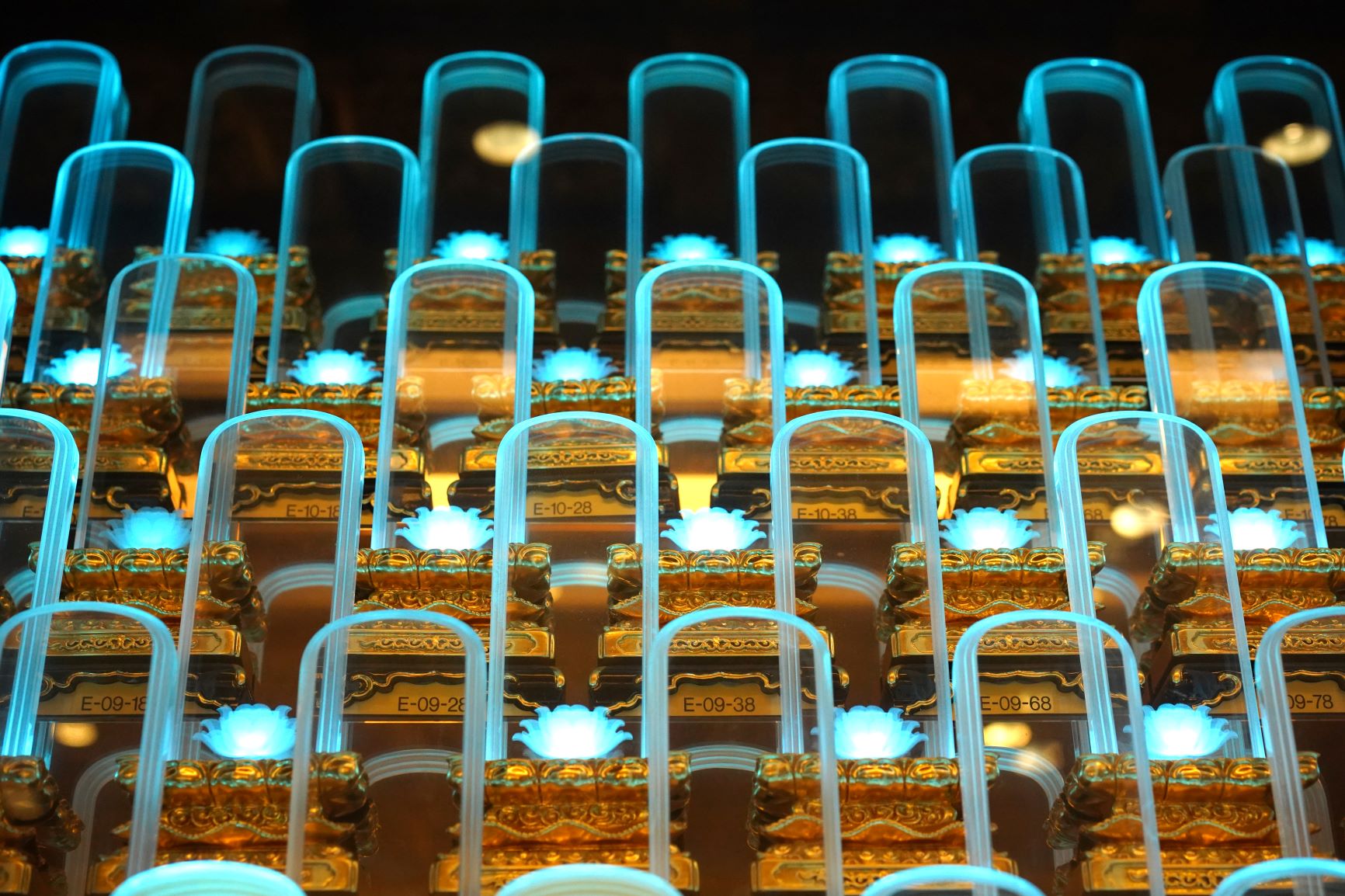The guardian deity of tombs – Hou Tu
Whenever you visit a cemetery during Qing Ming, have you ever noticed a small stone tablet with the characters “后土 (Hou Tu)” inscribed on it nearby the tombs of your ancestors? Before paying respects to our ancestors, we will offer incense to the “Hou Tu” before we begin other Qing Ming rites. Have you ever been curious about the significance of this stone tablet with the words “Hou Tu”? Why do you worship the “Hou Tu” first before worshiping your ancestors?
In folk belief, where there is land, there is a deity that oversees the land. Therefore, the cemetery is also overseen and guarded by the earth deity, “Hou Tu”. There are many different interpretations of the words “Hou Tu”. Some say it is an official title, while others say that it is an actual name. Regardless of how it is interpreted, “Hou Tu” is always associated as the deity of the land and the deity of the community, and is related to the worship of the land.
In Taoist school of thought, the Hou Tu found near a tomb has another meaning. When the living lie on their backs, they face the heavens and honour it as the “Tian Wang” or “Emperor of Heaven”. The dead who lie six feet underground with the earth covering them express gratitude towards the earth and honour it as “Hou Tu” or “Empress of Earth”, which is the “Hou Tu” referenced on the stone tablet.

The “Hou Tu” is usually set up at the front left side of the tomb, and the characters “后土” is inscribed on a small stone tablet, although some may represent the deity in a statue form.
Even though the “Hou Tu” is just represented by a small stone tablet, we will not only pay respects to the guardian deity of the cemetery at the Da Bo Gong Temple, but also to “Hou Tu” whenever we go to the cemetery to worship the ancestors. Before worshiping the ancestors, we pay respects to the “Hou Tu” for protecting the tombs of our ancestors and keeping them safe.
Therefore, whenever we visit the cemetery, we pay homage to the Hou Tu first to thank the deities for protecting our ancestors before we start to pay respects to our ancestors.
*Some information are taken from the internet

The Feng Shui principles behind Sheng Ji
The Feng Shui principles behind Sheng Ji For the benefit of the layperson, the metaphysical art of Feng Shui can basically be divided into two;...
Ancestral Tablets
The significance of ancestral tablets Ancestor worship is a practice that occupies a supreme role in the religious and social life of Chinese...
The difference between columbarium and mausoleum
The difference between columbarium and mausoleum The words columbarium and mausoleum are sometimes used interchangeably but both terms actually...
Memorial options for cremations
Memorial options for cremations Upon cremation, the ashes or “cremains” are usually collected by the crematorium and returned to the family in an...
Columbaria and cremation niches
Columbaria and cremation niches A columbarium is a construct used for the storage or final resting place of cremated remains in cinerary urns. They...
Burial versus cremation
Burial versus cremation When referring to burial or cremation, this usually relates to the final stage of the funeral involving the disposition of...
The Funeral
The Funeral Funerals tend to be very spiritual in nature and are generally dependent on the deceased’s cultural and religious background. The...
Meeting the bereavement care provider
Meeting the bereavement care provider service representative or consultant Owing to the unpredictability of death, bereavement care providers are...
What are bereavement care providers?
Bereavement care providers are generally professional establishments that engage in death care, burial preparation, funeral and memorialization of the deceased.

























